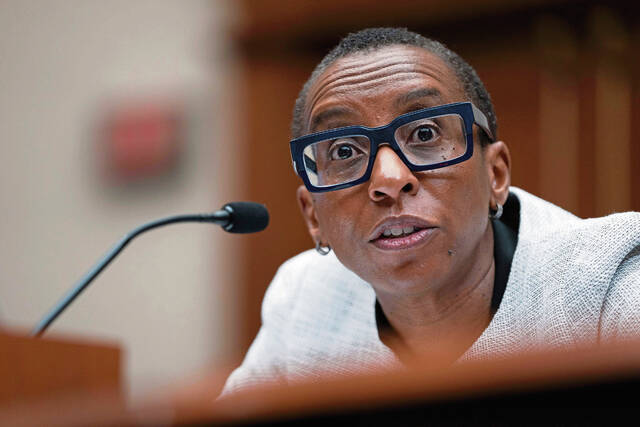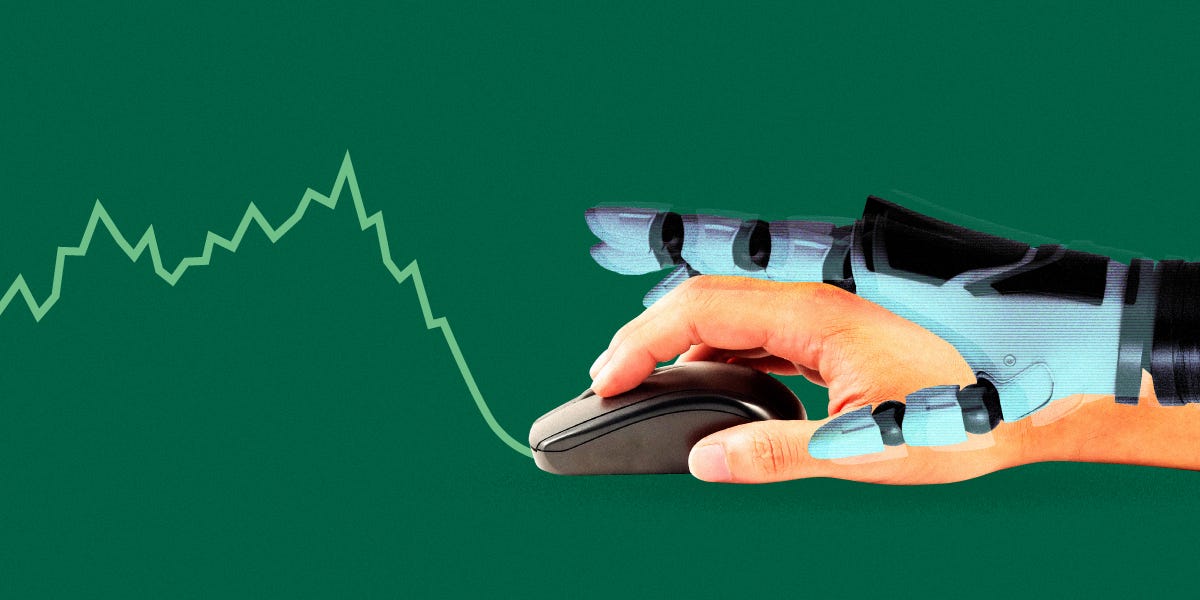Plagiarism detection tools driven by artificial intelligence are now being viewed as a novel and contentious instrument in the ongoing campus conflicts between the political factions of the left and right.
Some argue that this technology has the capacity to uncover academic dishonesty that may have previously gone undetected. Conversely, there are concerns that it could unjustly disrupt careers, interpreting the absence of quotation marks as an intent to plagiarize.
The debate has intensified following the resignation of Harvard University President Claudine Gay on January 2 amidst allegations of plagiarism, primarily propelled by conservative activists and other influential adversaries. William Ackman, a hedge fund magnate and Harvard benefactor who advocated for Gay’s removal, later discovered that his wife, a former professor at MIT, was also accused of plagiarizing content. He is now determined to initiate an AI-assisted plagiarism assessment of MIT’s faculty, staff, president, and board, hinting at a potential expansion to other renowned institutions.
This exchange raises disconcerting questions for faculty, administrators, and students as the spring semester commences on various campuses, including those in Western Pennsylvania. There is apprehension that anyone with a grudge and access to such software could swiftly derail multiple careers, mirroring the rapidity with which AI can scrutinize and compare extensive written materials.
“It’s a complex issue,” remarked Chris Bonneau, a political science professor at the University of Pittsburgh. “I am concerned that in the current landscape, allegations can be made without due process or context, leading to a public frenzy once things are exposed.”
“One of the most troubling aspects is that universities have established protocols to investigate research misconduct. … This could divert attention from genuine cases of misconduct that universities are meant to address,” added Bonneau, who also serves as the former president of Pitt’s University Senate. “Unfortunately, there are individuals in academia who manipulate data and act unethically. These are the cases that should be under scrutiny, not minor errors like a missing quotation mark.”
AI’s Implications and Fairness Concerns
Michael Berube, a literature professor at Penn State University and an author, described plagiarism detection software as a new variable in the equation.
“As we delve into this realm, the extent to which individuals may have inadvertently failed to cite, paraphrase, or unintentionally triggered a red flag remains uncertain. It’s entirely unpredictable,” Berube expressed.
Berube highlighted the ongoing cultural and political skirmishes as part of the GOP’s radicalization. He expressed apprehension about the lack of safeguards to shield academia. “However, academia is not without fault in this scenario. There is a level of insularity and insensitivity that makes us vulnerable targets,” Berube added.
The conservative camp has long been critical of the liberal leanings in higher education and appears emboldened by recent events. The questioning of Harvard, MIT, and the University of Pennsylvania leaders before a U.S. House committee regarding campus conduct codes and responses to incendiary remarks further fueled the debate. Subsequent resignations of Penn and Harvard presidents, along with the scrutiny faced by MIT’s president, underscore the upheaval.
U.S. Rep. Elise Stefanik from New York, known for her pointed interrogation of these leaders, emphasized that the resignations mark just the beginning of a broader reckoning in higher education.
“The right is intensifying its critique of what it perceives as indoctrination in classrooms, an excessive focus on diversity and inclusion initiatives, and a lack of support for conservative voices on campuses,” Stefanik asserted.
Initially weathering the storm following the House hearing, which revolved around campus tensions related to the Israel-Hamas conflict, Gay eventually succumbed to pressure, particularly from Harvard’s governing body, the Harvard Corporation, amidst ongoing plagiarism allegations.
Having recently completed her first six months as Harvard’s first Black president, Gay’s defenders posited that the plagiarism accusations were politically motivated.
In a New York Times opinion piece following her resignation, Gay framed the situation as part of a broader assault on pillars of American society, driven by campaigns seeking to undermine public trust in education and expertise.
Republicans countered this narrative, with Senator J.D. Vance from Ohio emphasizing the unequivocal stance against plagiarism.
The Influence of AI
In the wake of reports by Business Insider implicating Neri Oxman, Ackman’s wife, in plagiarism accusations, the CEO of Pershing Capital Management likened the situation to retribution and appeared resolute in delivering a severe response. His scrutiny extended beyond MIT to encompass additional academic institutions.
“No academic body of work can withstand the scrutiny of AI’s search for missing quotation marks, inadequate paraphrasing, or failure to attribute work properly,” he asserted.
While many within and outside academia support his endeavors to address issues in higher education, Ackman acknowledged that effecting necessary changes may require a significant timeframe.
“Fortunately, with AI, the dismissal of tenured faculty facing academic discrepancies is no longer as daunting, as it is now easier to address academic record challenges,” he noted. “It is highly likely that authors will inadvertently overlook quotation marks or fail to attribute another author correctly on at least a portion of their paper.”
Berube lamented the increasing influence of wealthy donors in higher education, where their substantial contributions can sway decisions or be withheld based on a leader’s stance on specific issues. While elite institutions like Harvard possess substantial endowments to withstand such pressures, less affluent institutions may be more vulnerable to donor influence.
The reliability of such software has already become a point of contention for students on campus, as professors utilize AI tools to detect instances of academic dishonesty, such as using ChatGPT to cheat. However, the software’s occasional misidentification of innocent students has led to heightened anxiety and stress, as noted by Tim Gorichanaz, an assistant teaching professor of information science at Drexel University.
“The perceived infallibility of these tools may leave innocent students defenseless against allegations,” Gorichanaz highlighted in a paper titled “Accused: How students respond to allegations of using ChatGPT on assessments.”
Bonneau shared his experience of running plagiarism checks on undergraduate work, noting that while some instances are minor, such as a missing quotation mark, others may be more substantial.
The New York Times detailed several plagiarism allegations against Gay, including similarities with the work of a Pitt professor.
Gay’s 1993 paper, “Between Black and White,” exhibited language resembling a 1992 paper by George Reid Andrew, a history professor at Pitt. While Gay did not directly credit Andrew for the language, she did suggest his work to readers.
The Harvard Crimson also highlighted additional parallels as part of its coverage on the controversy.
When contacted by TribLive, Andrew reiterated his stance, previously conveyed to the New York Post, emphasizing that Gay’s usage of his words did not amount to plagiarism in his view, citing common practices in academic writing.
Bill Schackner, a TribLive reporter specializing in higher education, brings a wealth of experience from his tenure at the Pittsburgh Post-Gazette. He can be reached at [email protected].










